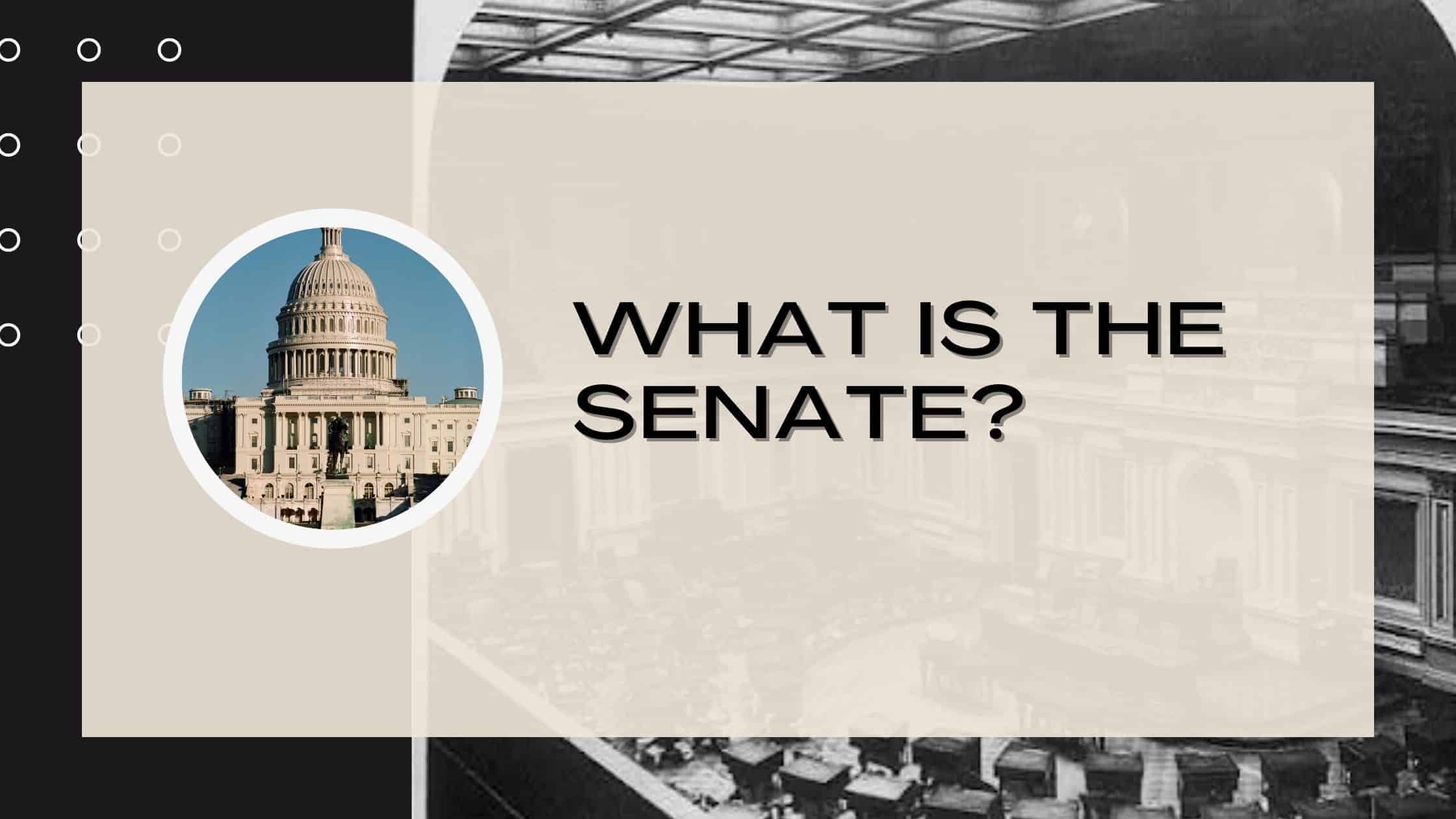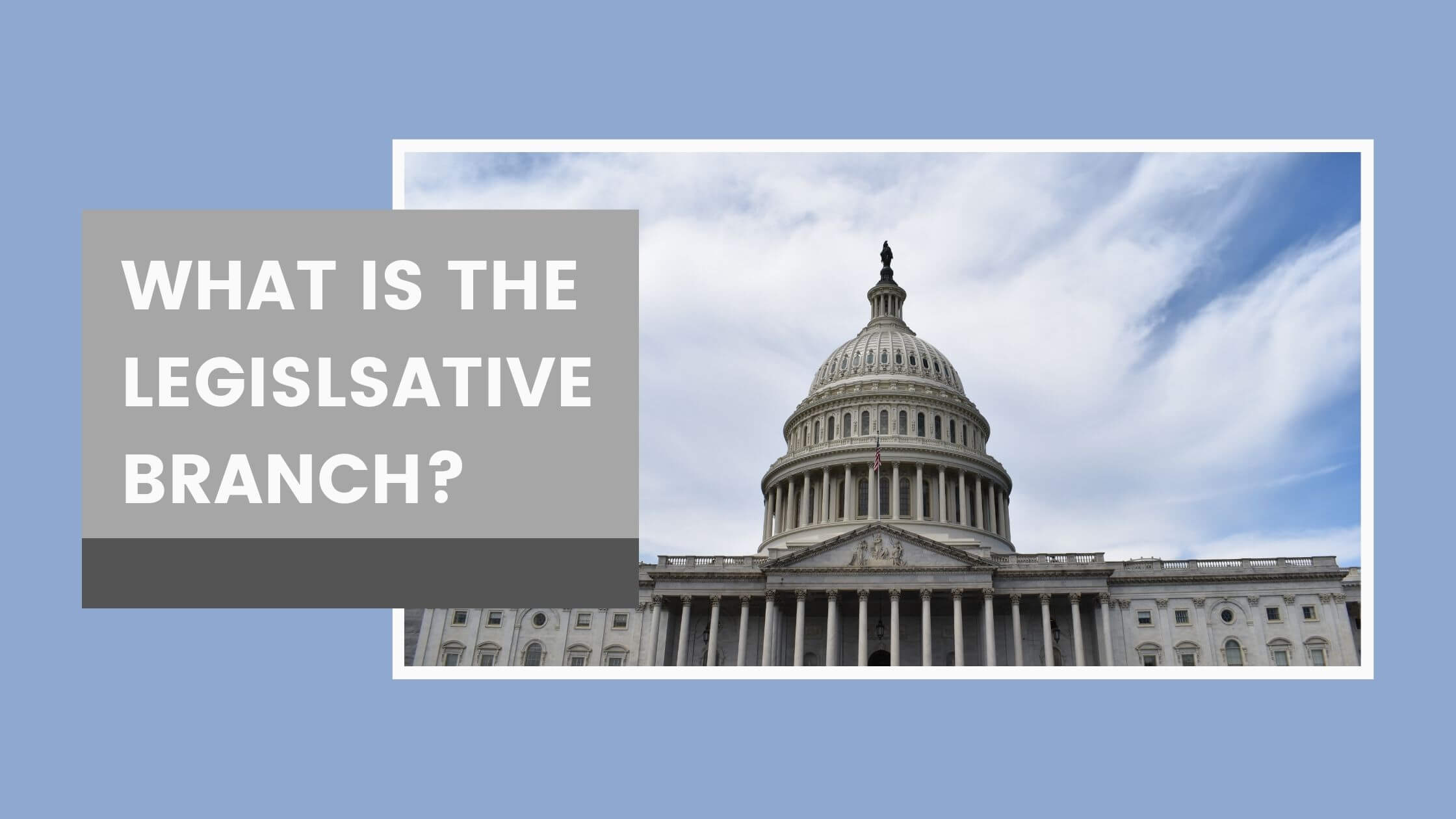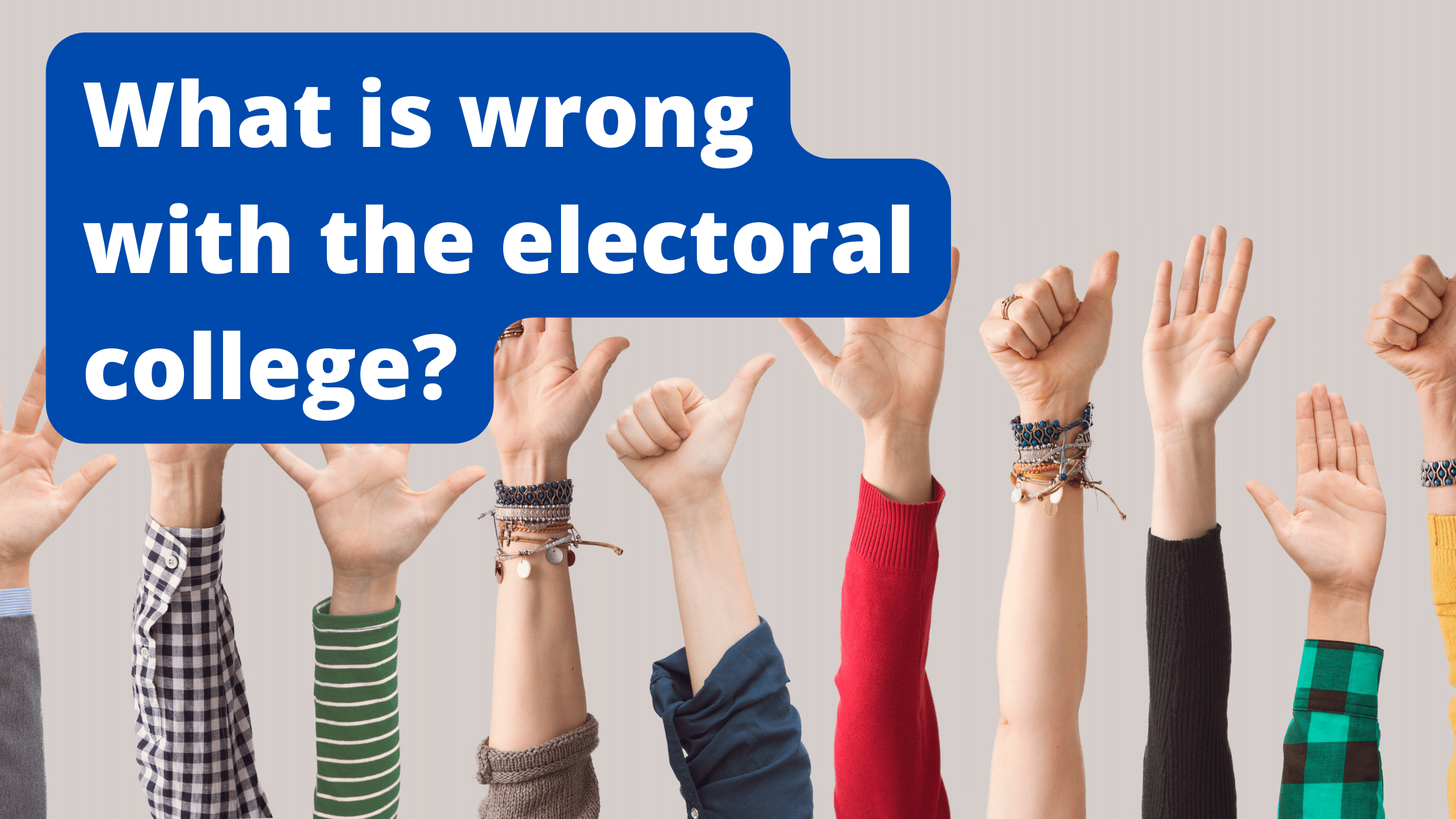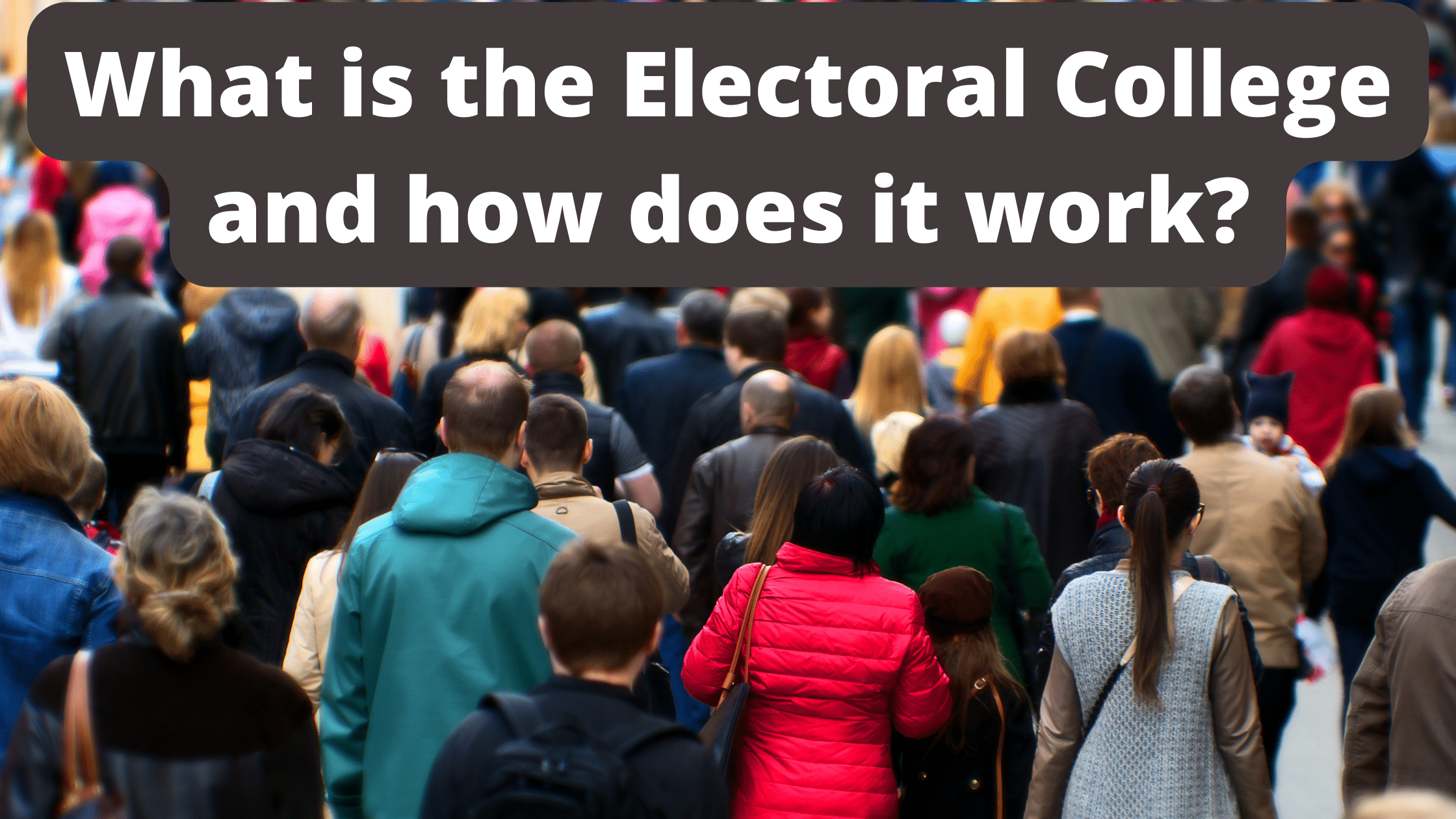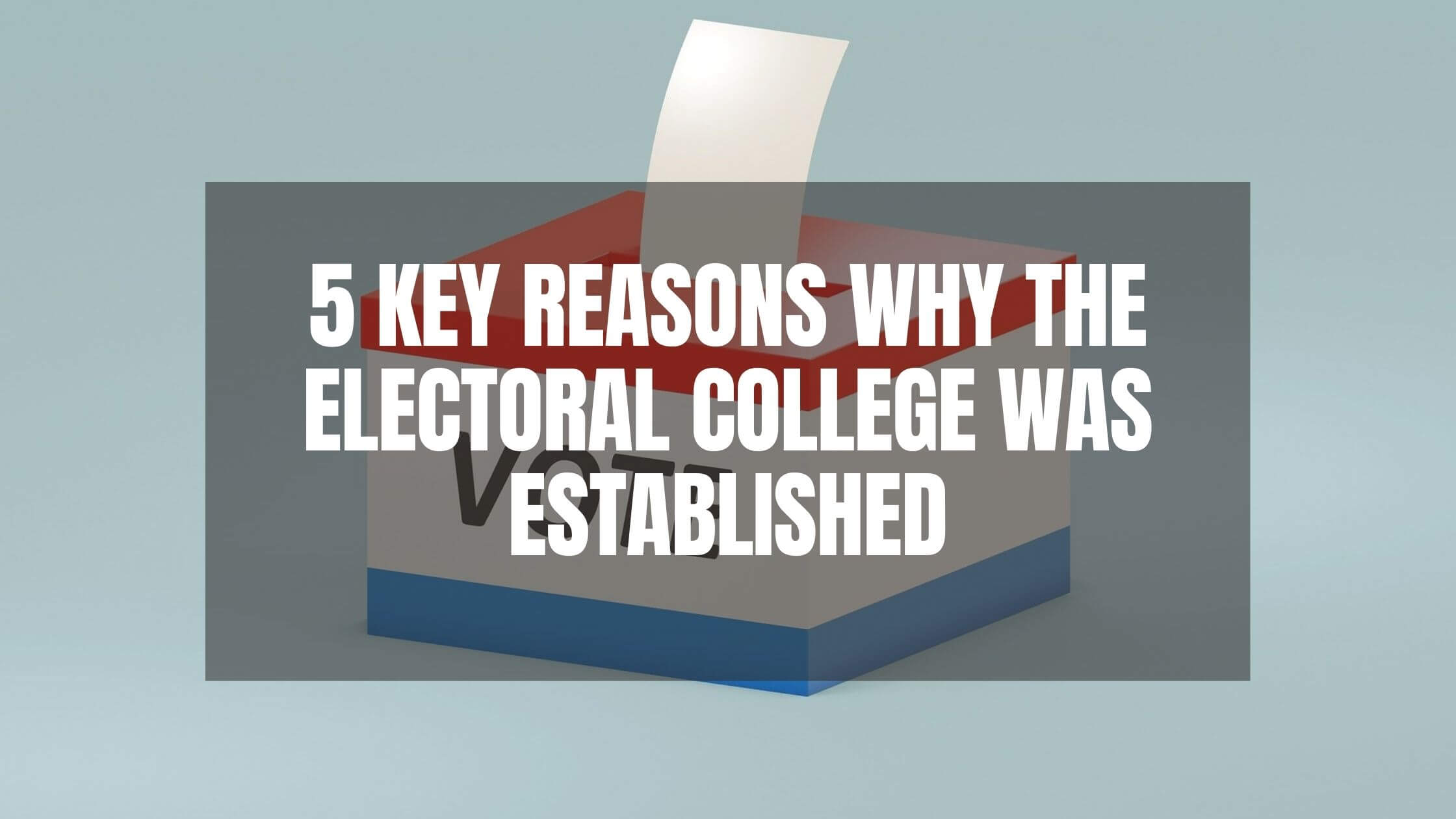Table of Contents
ToggleWhen Do Electors Meet In State Capitals To Vote?
The electoral college votes on the Monday that follows the second Wednesday in December. Electors meet in state capitals (or within the District of Columbia for electors representing DC) and cast their votes. Electors vote on separate ballots for president and vice president.
At no point does the entire Electoral College meet. Instead, each state holds its own meetings to determine electoral votes. As the results of these meetings are transmitted by mail (and electronic communication), they do not have to be strictly concurrent.
In 2024, the electoral college will vote on December 16th.
How Does The Electoral College Vote?
The exact voting procedure for electors varies slightly from state to state. Some states use pre-printed cards that electors check boxes on. Other states hand out blank cards, and electors write in the candidate’s name that they’re voting for. In all cases, cards are given to tellers to count.
After votes are counted, the electors complete six certificates of the vote. All of these certificates must be signed by each elector. Two certificates are sent via registered mail to the Archivist of the United States. Two are sent to the secretary of state of the electors’ state. One is sent to the President of the Senate, and one is sent to the chief judge of the United States district court that contains the meeting place of the electors.
When Are The Electoral College’s Votes Counted?
The 12th amendment requires a joint session of Congress to count the electoral votes and declare a winner. This session is usually required to occur on January 6th in the calendar year following the elector’s meetings and is held at 1 pm.
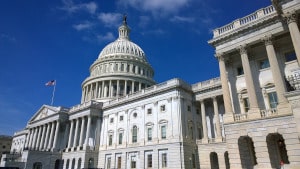
The joint session is usually presided over by the vice president as the President of the Senate. Since 1936, the session has taken place after the election of new congressional representatives. This means that newly elected House representatives and senators have a chance to impact the certification of a president who ran on the same ballot that elected them.

Get Smarter on US News, History, and the Constitution
Join the thousands of fellow patriots who rely on our 5-minute newsletter to stay informed on the key events and trends that shaped our nation’s past and continue to shape its present.
Why Do We Know Who The Next President Is Before January 6th?
In modern years, we can have a very good idea of the results of a state long before election night is over. Between exit polls, statistical analysis, and early results, political analysts can guess who won the presidential election in each state before the full results are reported.
These early results aren’t 100% accurate. Al Gore famously called George W Bush to informally concede the race to the White House, only to call back later and retract his concession when he realized how close the results were. Nevertheless, their accuracy increases over time, giving analysts a great early picture of how much of the vote of each state went to each candidate.

Once analysts know which candidate wins a state, adding up electors is a simple matter. Electors can vote against the wishes of their state electorate, but they hardly ever do so. Laws in 33 states restrict the ability of electors to go rogue, and rogue (or “faithless”) electors have never changed the result of a presidential race.
Analysts can be fairly confident that each states’ electors will be faithful to the laws of their states and vote according to the election result.
There are some things that are bad about the electoral college and how it works.
Why Is the Electoral College Important?
While the actual process of electors voting and Congress certifying the results is usually ceremonial, the Electoral College itself is incredibly important in presidential elections. Each state is granted one elector per federal senator and one elector per House representative. This means even the least populous states get a minimum of 3 votes. The most populous state, California, gets 54 votes. Generally speaking, the inclusion of senators in this total means that the lower the population of a state is, the more influential a single citizen’s vote is to determine the president.
Additionally, many states allocate all of their electors to the candidate who wins the popular vote within the state, no matter the margin. This means that a candidate who wins 51% of the vote in these states gets all of their electors, while a runner-up who gets 49% gets none. Many presidents have won the electoral vote despite losing the national popular vote, including Benjamin Harrison, John Quincy Adams, Rutherford B Hayes, President Donald Trump, and George W Bush.
How useful was this post?
Click on a star to rate it!
Average rating / 5. Vote count:
No votes so far! Be the first to rate this post.
We are sorry that this post was not useful for you!
Let us improve this post!
Tell us how we can improve this post?

